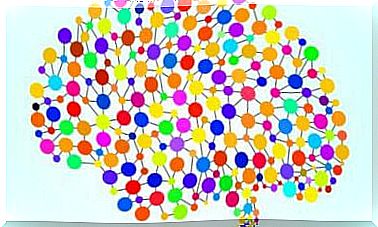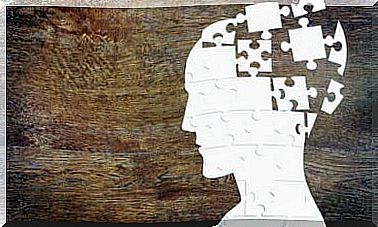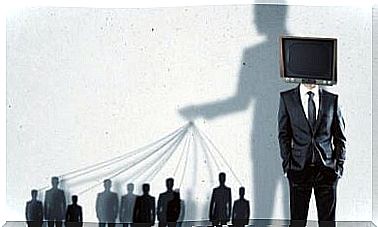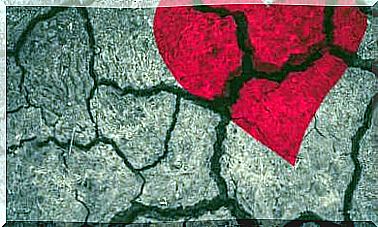Can You Tell A Problem From A Conflict?
Most of the times when we face interpersonal problems, the failure to resolve is due solely to a question of “definition”. When we are faced with a difficult situation, our negative emotions explode and often cloud everything that is actually important, leading us to become completely paralyzed in that complex circumstance. Suddenly we feel we are trapped, we are drowning, we can’t find any solution… But what are we really facing?
Do you know what a conflict is?
It is about (at least) two different points of view in front of the same situation, nothing more. How many conflicts do we face in a day? Conflicts surround us, they live with us, they are part of the human being and, moreover, if they are well ignited, they are a very powerful source of learning. As Freud would say : “I can assure you that if two individuals always get along in everything, one of them is thinking for both of them.”
We must accept conflicts and know how to manage them. But what is the solution to a conflict? The answer is as obvious as it is important: the solution to a conflict is as simple and at the same time as complex as “coming to an agreement”. Sometimes we get bogged down in eternal arguments that lead to no conclusion just to be right, when in most cases “reason” is absolutely secondary. Almost any conflict we face can be resolved with an agreement.
The agreements imply that the two parties renounce certain concepts, a priority, in order to obtain the common good; it is good to emphasize this aspect of renunciation. Any solution will lead to consequences, but these do not invalidate the agreement. In other words: we face conflict, deal, and ultimately lose and win at the same time. What we lose is only one of the consequences, so this doesn’t have the power to jeopardize the deal.
But what if the conflict is internal? It seems a more complex question, but in essence it is the same structure: we have two different points of view when faced with the same situation. What do we have to do? The answer is the same: come to an agreement.
To do this, we must evaluate various alternatives and make a decision, even if this leads to consequences that will make us lose something. Losses must be accepted; then we will evaluate the victories as a whole and we will see that the result will be positive. So what are self-criticism and emotional self-flagellation for? Nothing!
It is just a matter of accepting and evaluating the consequences. As in external conflicts, we will be faced with victories and consequences that we will have to accept. In internal conflicts the same thing happens: the consequence is intrinsic to the solution, we must therefore welcome it and not punish ourselves with it when we are affected by emotions. The solution must be found when you are free from emotions, cold and evaluating alternatives. In short, the criticism that comes from accepting the consequences is not only useless, but it is also avoidable.
So… What’s a problem?
By problem we mean a situation that presents itself to us and that “at this moment” has no solution. What do we do then?
Let’s go back to the obvious and important search for the solution. In this case, the first thing to do is to set a goal, to know where we want to go, what our goal is and what we want to achieve.
Once the goal has been established, we put into practice the possible alternatives to be able to reach the solution to our problem. We have to evaluate them, weigh them and then get to work. Just like in conflict, emotion is a paralyzing enemy. Sometimes the solution will be simple and other times not, but this does not mean that our goal ceases to be valid. The path can be tough, but if we know where we want to go, then we will be consistent.
Just as there are two types of conflicts (internal and external), there are two types of problems: those that have a solution and those that don’t. We already know what to do with the first type, but with the second? We can do something? The answer is yes and it is called acceptance.
We cannot find a solution to the loss of a loved one, nor can we find an object that we have lost… What we can do is accept reality and reduce its impact on our emotions. Only in this way can we then create new alternatives.









